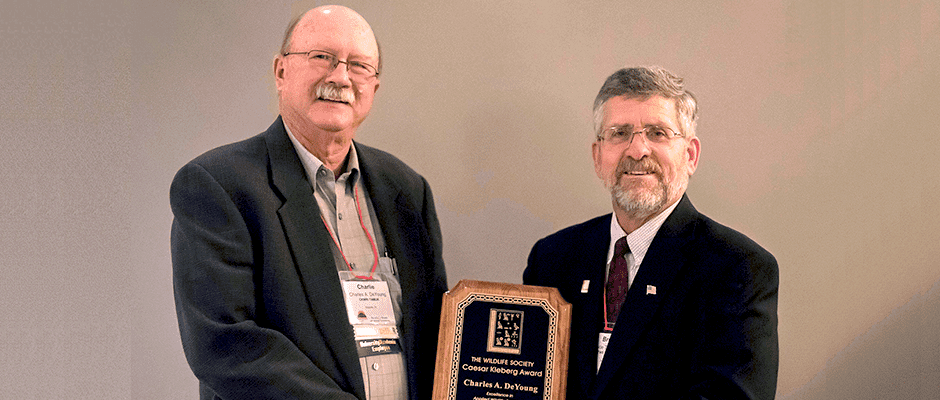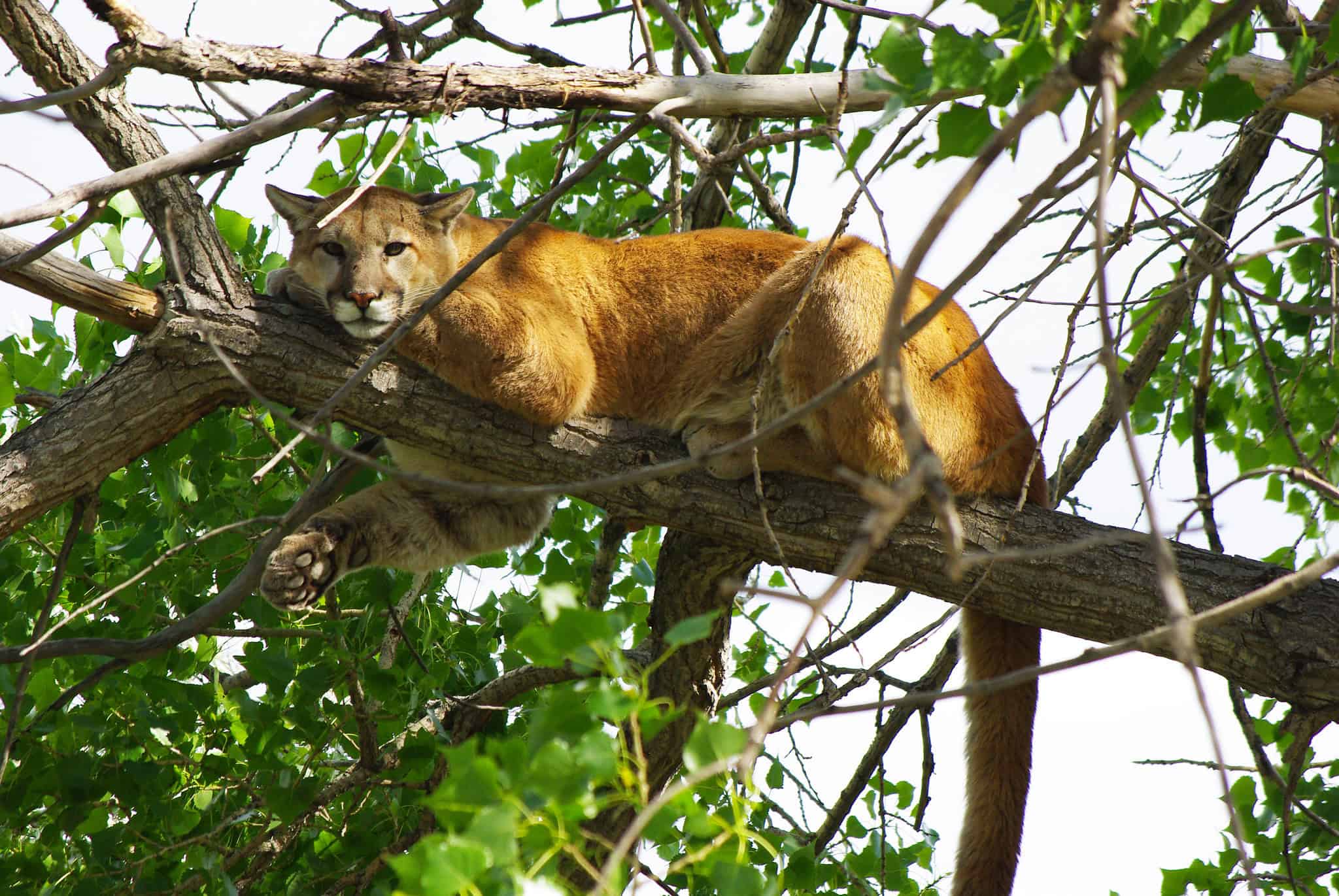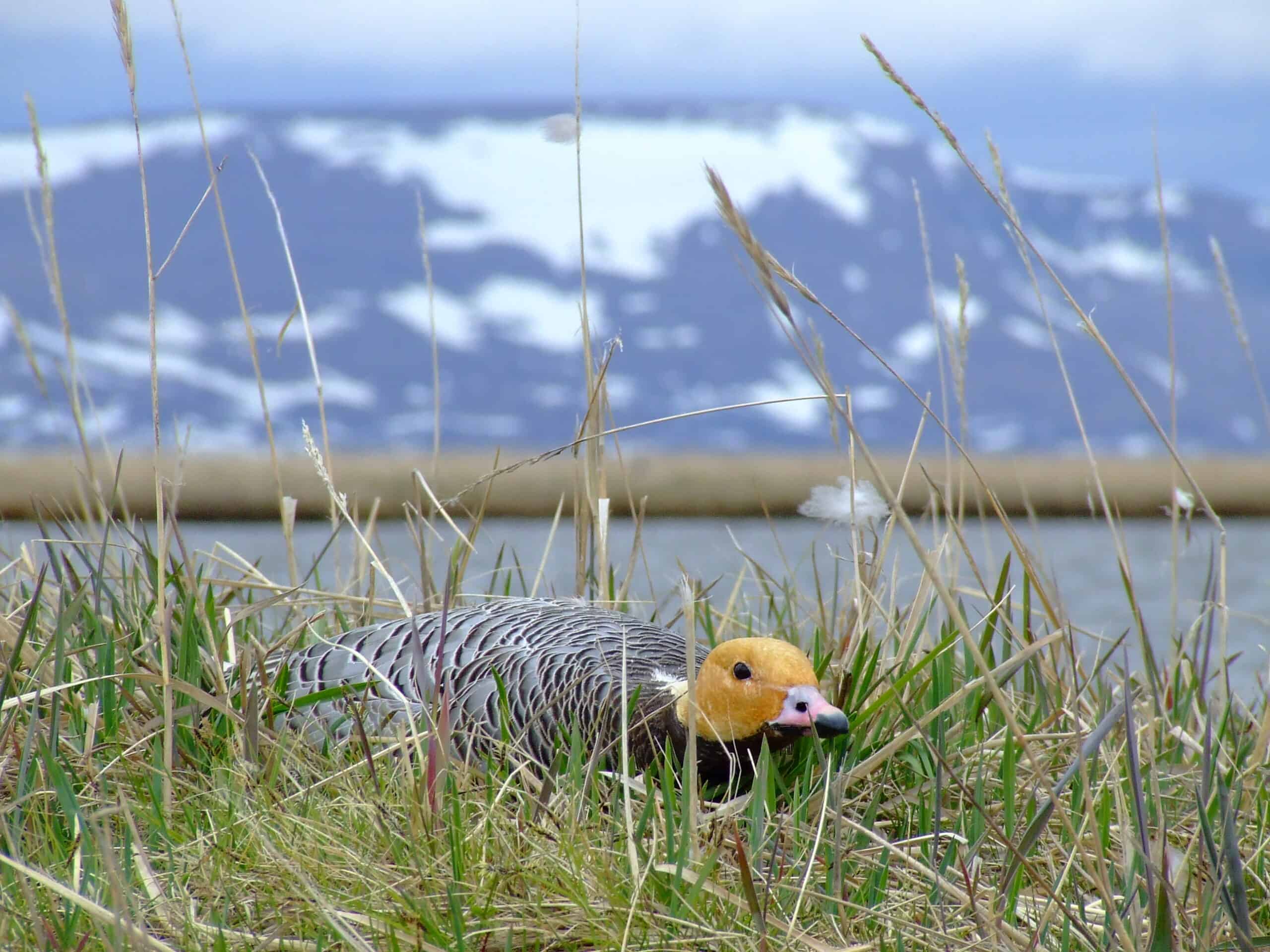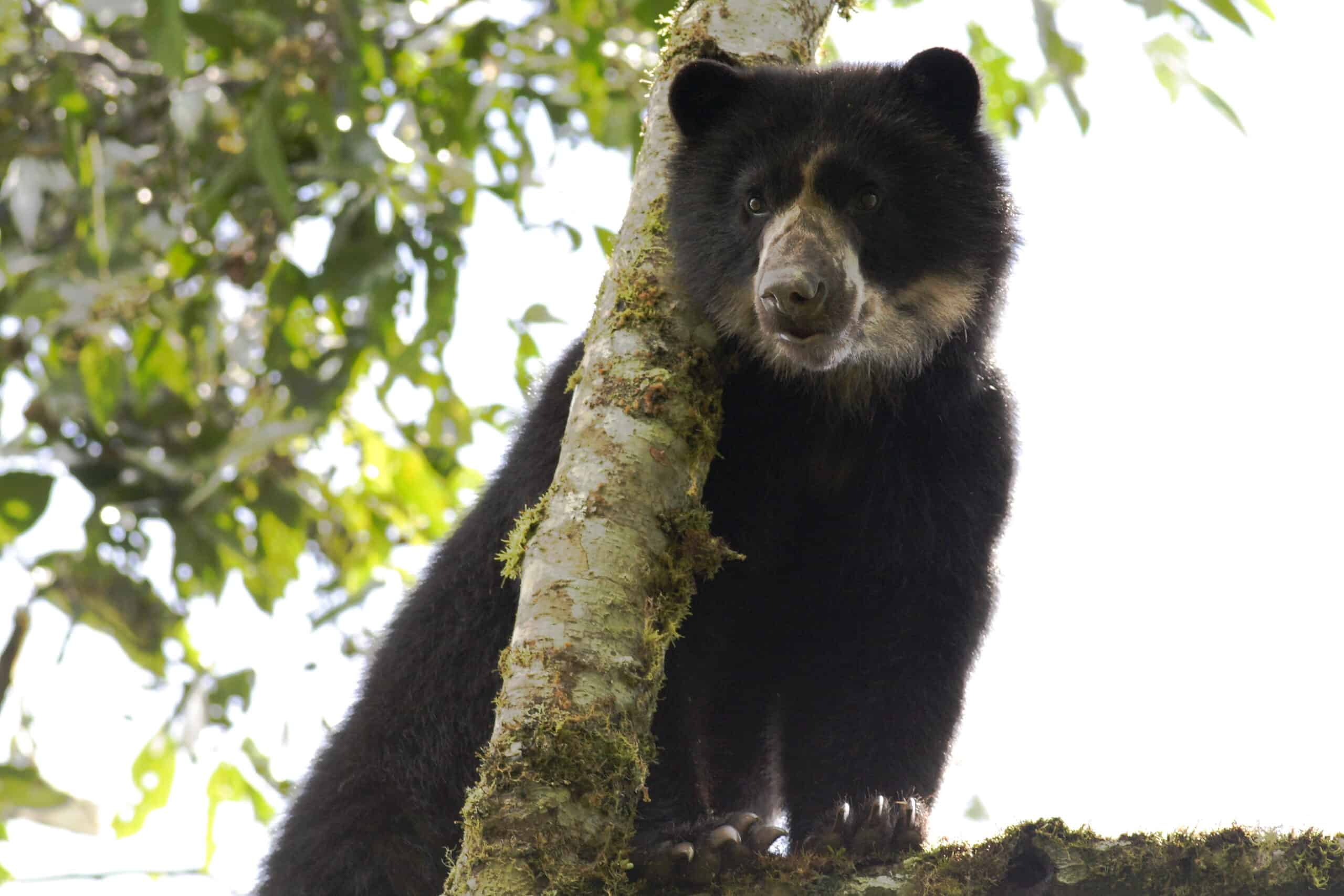Share this article
Kleberg Institute founder receives Kleberg Award
On a recent October afternoon, Charles DeYoung was soaring over South Texas by helicopter, as he does several times a year, counting deer and any other species he spotted.
“I don’t do as much as I used to,” said DeYoung, 71, “but I do about six or seven days a year.”
DeYoung is the recipient of the 2017 Caesar Kleberg Award for Excellence in Applied Wildlife Research. He has devoted much of his career to wildlife census methods, including the publication of a dozen papers evaluating wildlife census techniques that have aided managers in the field.
In recent years, he has written two book chapters on density dependence of deer populations in variable environments — work that can affect how managers set bag limits for deer.
His work on white-tipped doves (Leptotila verreauxi) led to the creation of a hunting season for the bird.
The award is particularly fitting, though, because of the work that DeYoung is proudest of: creating the research institute that also bears Kleberg’s name.
DeYoung was dean of the agriculture college at Texas A&M University-Kingsville (then Texas A&I) when the university president called him on a Friday in 1981 and asked for a proposal for the institute by Monday.
“So I wrote the proposal that created the institute in a weekend,” DeYoung said.
That proposal led to the creation of the university’s Caesar Kleberg Wildlife Research Institute, using $3.7 million in initial funding from the Caesar Kleberg Foundation for Wildlife Conservation, an organization named for the pioneering Texas conservationist. DeYoung became the institute’s founding director, launching an experiment station that has provided important wildlife research for the region, and for the profession as a whole. It has also helped launch the career of graduate students who do the institute’s work.
Since its founding, it has built an endowment of $35 million and has eight endowed professorships and faculty chairs. It includes 20 PhD wildlife researchers and over 50 graduate students. Researchers have produced 24 books, 817 refereed publications and 35 management and technical bulletins.
“I think we’ve had an impact on the profession as well as management in this region,” said DeYoung, who remains a professor emeritus and research scientist at the institute.
In addition to the research, one of the institute’s greatest accomplishments, DeYoung said, is the close relationship it has forged with private landowners, who control the vast majority of Texas’ wildlife habitat.
“Landowners are a big part of wildlife management in this area,” he said. “We really have a lot of credibility with these ranches — big and small. Because of our reputation, we can get on properties and do things that other governmental entities can’t do.”
A TWS member since 1969, DeYoung joined the Society as he pursued a master’s degree at what was then Texas A&I. He has served as associate editor of the Journal of Wildlife Management, president of the Southwest Section of TWS and has been a member of numerous committees at the national, Section and Chapter levels.
“It’s very much an honor,” DeYoung said of receiving the Kleberg Award.
Header Image: Charles DeYoung was the recipient of this year’s Caesar Kleberg Award for Excellence in Applied Wildlife Research. DeYoung was the founding director of Texas A&M University-Kingsville’s Caesar Kleberg Wildlife Research Institute, where he remains as professor emeritus and research scientist. ©TWS








